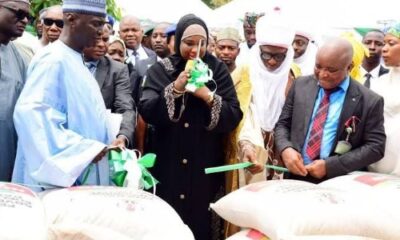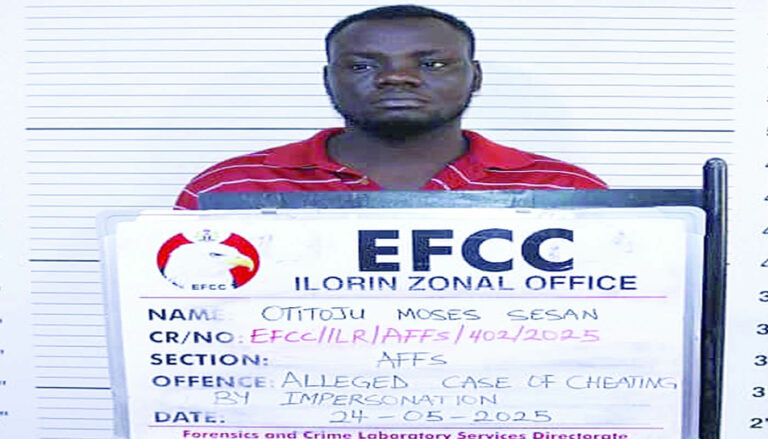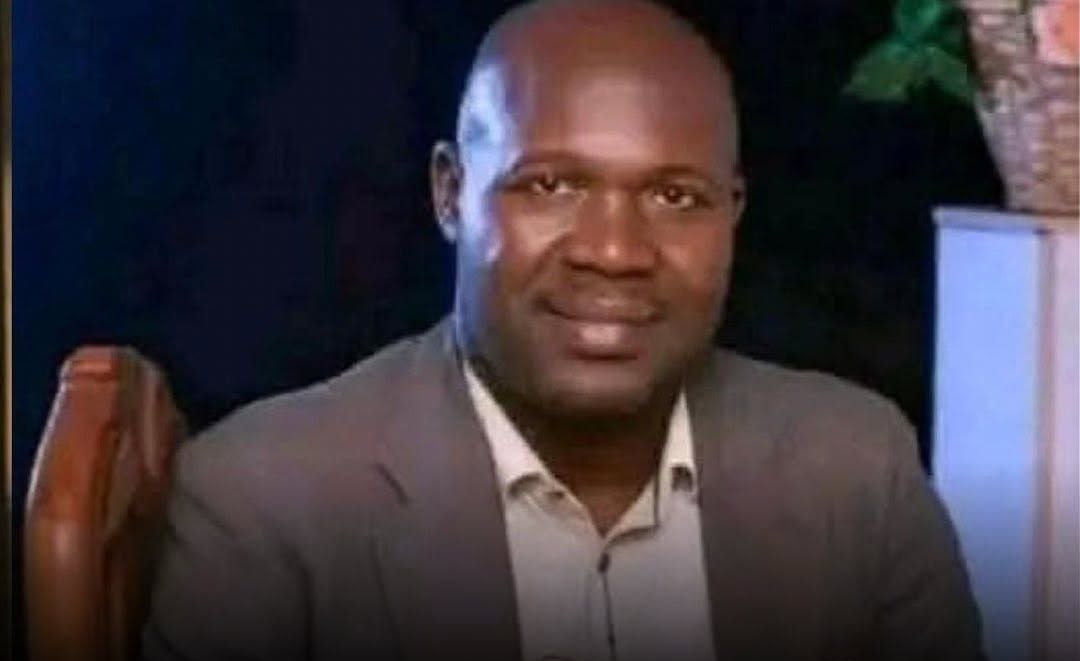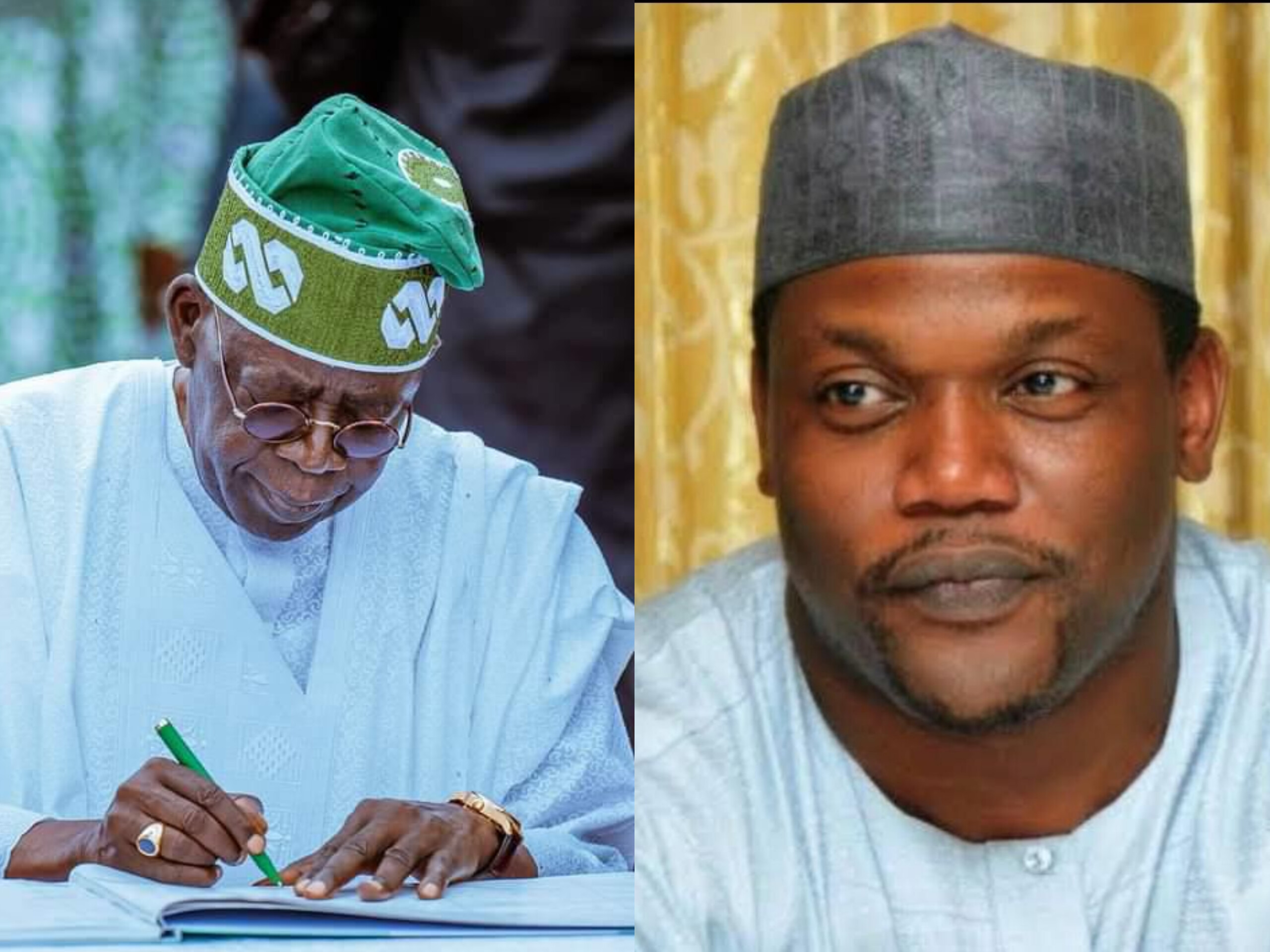BIG STORY
FG Incurs N950bn New Domestic Borrowing In Q1 2022 – DMO

BIG STORY
Court Jails Gospel Singer Moses Otitoju, Eight Others For Cybercrime
BIG STORY
Kogi University Lecturer Dies During Sex Romp In Hotel Room With 200-Level Student
BIG STORY
FULL LIST: Tinubu Appoints IBB’s Son, Muhammad Babangida Chairman Bank Of Agriculture, Others As Heads Of Govt Agencies
-

 BIG STORY5 days ago
BIG STORY5 days agoBREAKING: Federal Government Declares Tuesday Public Holiday To Honour Buhari
-

 BIG STORY2 days ago
BIG STORY2 days agoRCCG Pastor Absconds With $8000 Church Money, Abandons Wife, Marries New One
-

 BIG STORY4 days ago
BIG STORY4 days agoAmaechi Wears Turban To Buhari’s Burial In Daura
-

 BIG STORY20 hours ago
BIG STORY20 hours agoFULL LIST: Tinubu Appoints IBB’s Son, Muhammad Babangida Chairman Bank Of Agriculture, Others As Heads Of Govt Agencies
-

 BIG STORY4 days ago
BIG STORY4 days agoAliko Dangote Submits Paperwork To Build Biggest Seaport In Nigeria
-

 BIG STORY5 days ago
BIG STORY5 days agoECOWAS Caravan 2025 Highlights Barriers, Builds Support For Women In Cross-Border Trade
-

 BIG STORY2 days ago
BIG STORY2 days agoKeyamo Faults Atiku’s Use Of Coat Of Arms In PDP Resignation Letter, Says “You Left Office 18 Years Ago”
-

 BIG STORY4 days ago
BIG STORY4 days agoWhat Buhari Told Me About President Tinubu After Fuel Subsidy Removal — Katsina Governor Radda
























